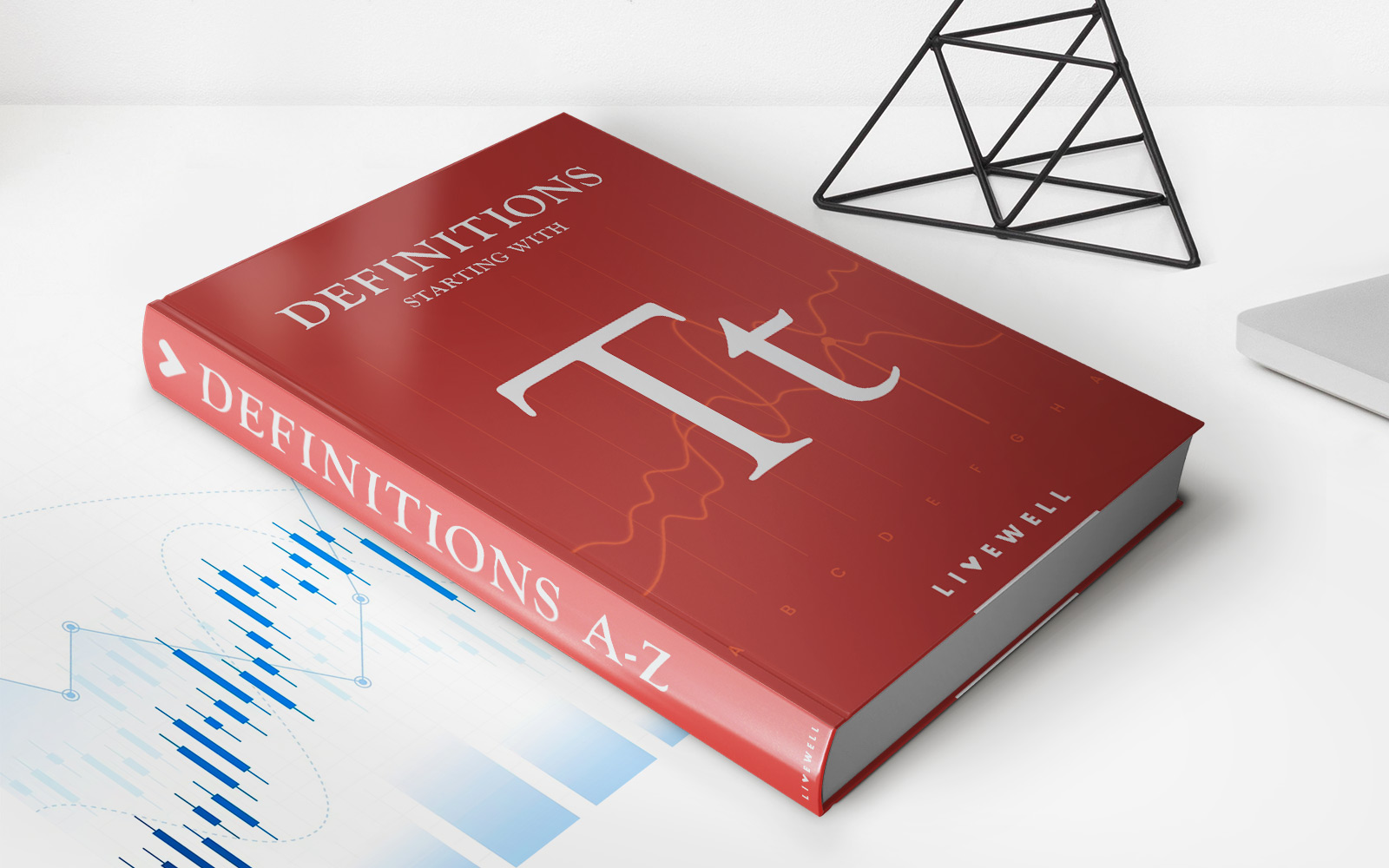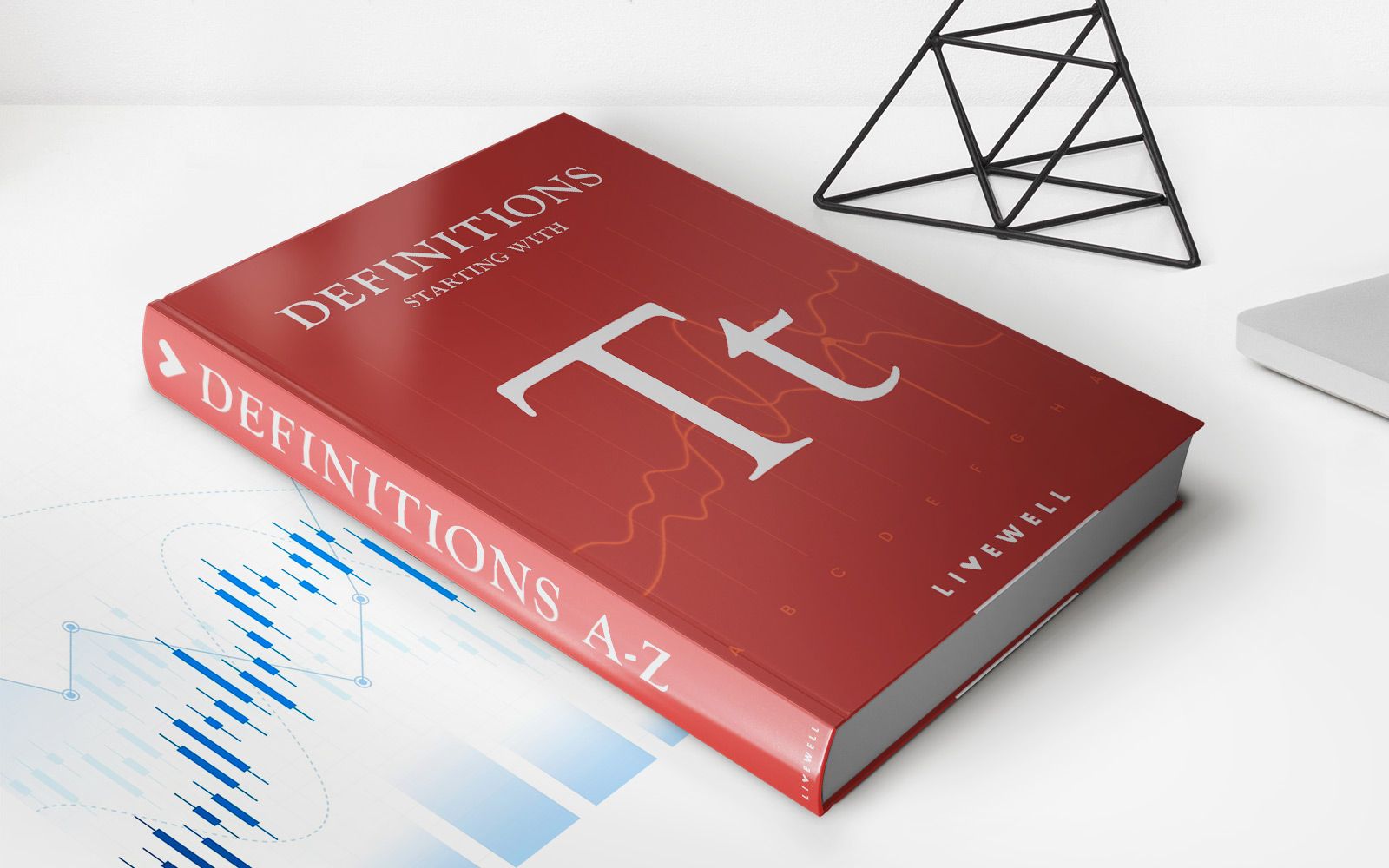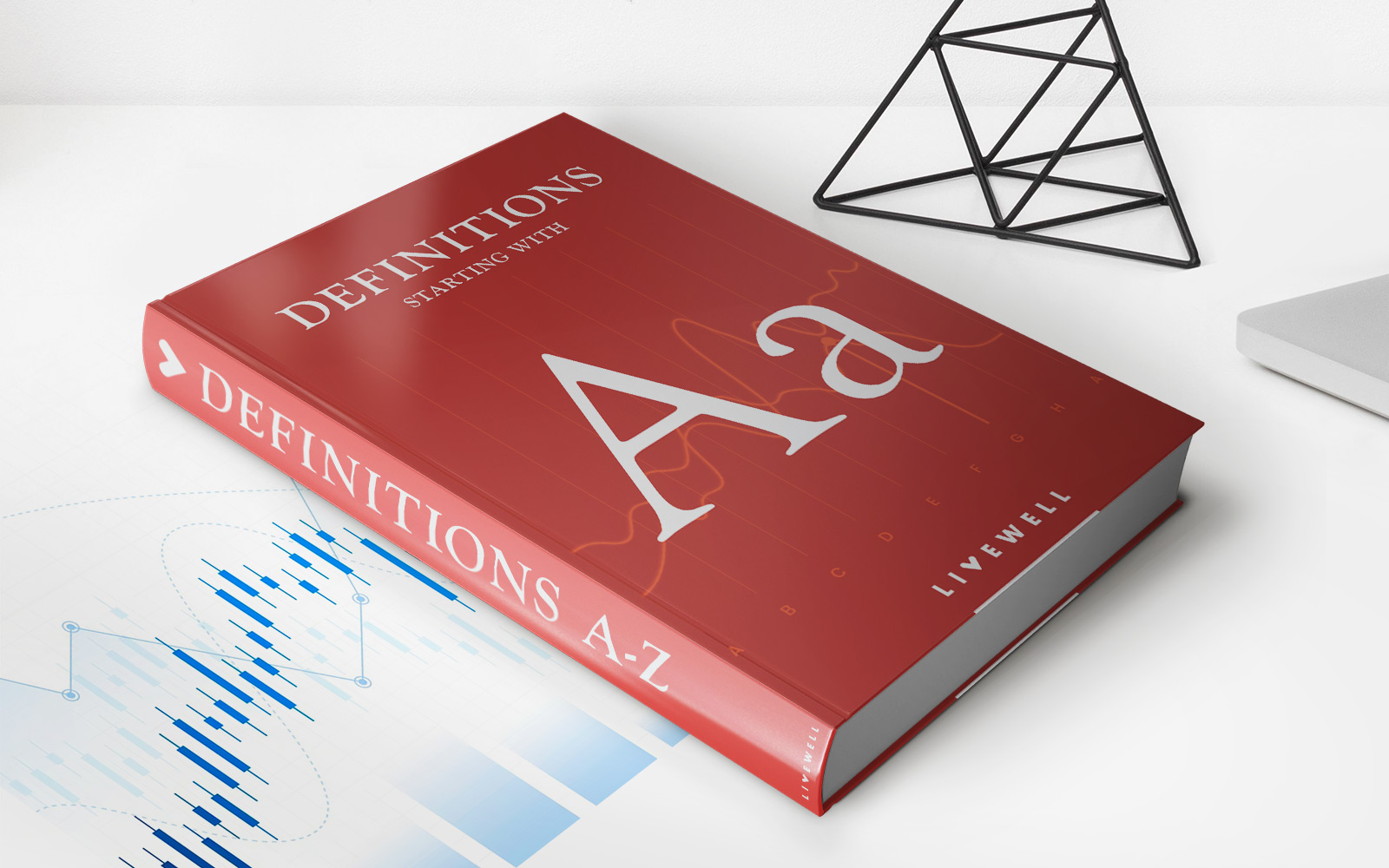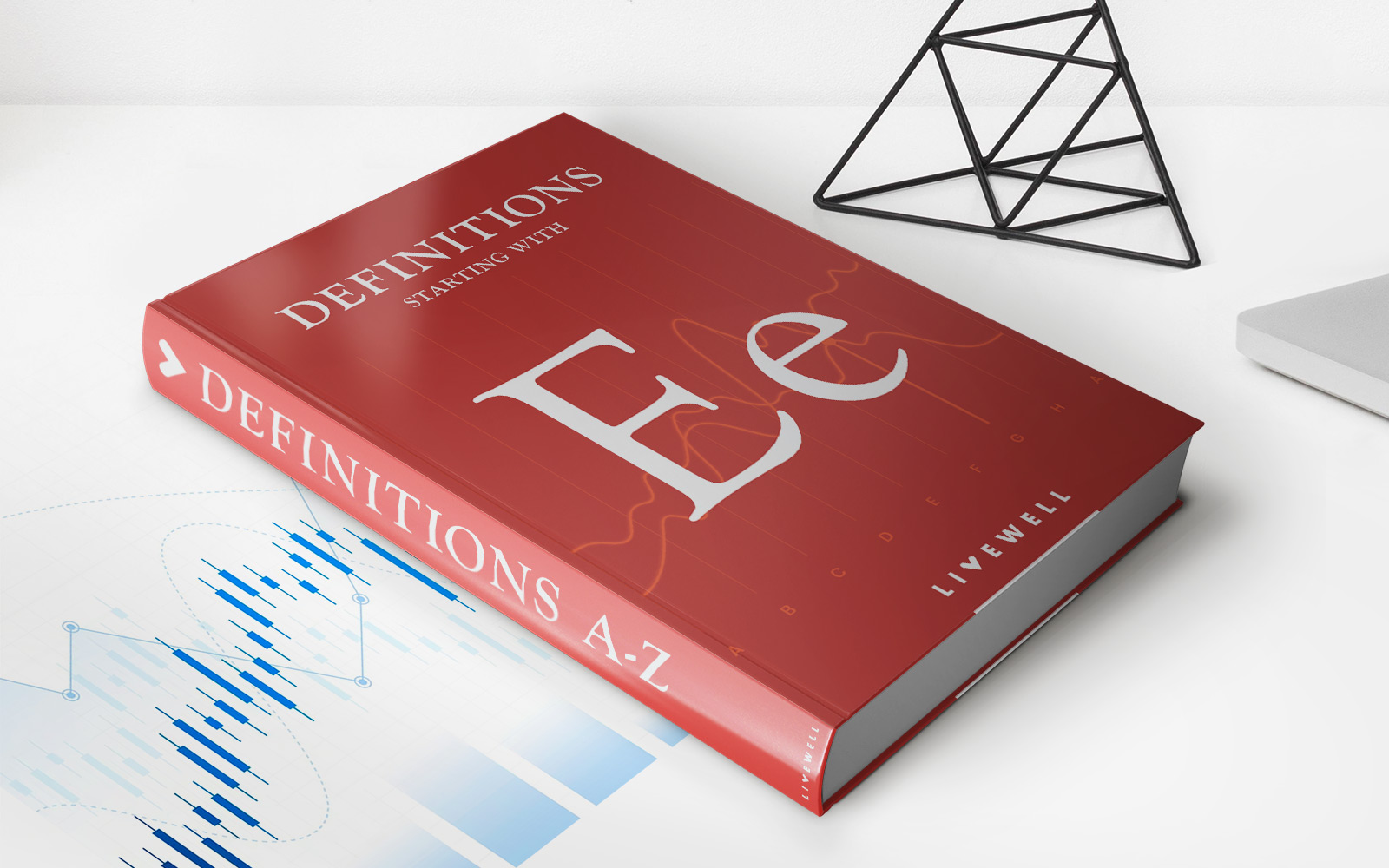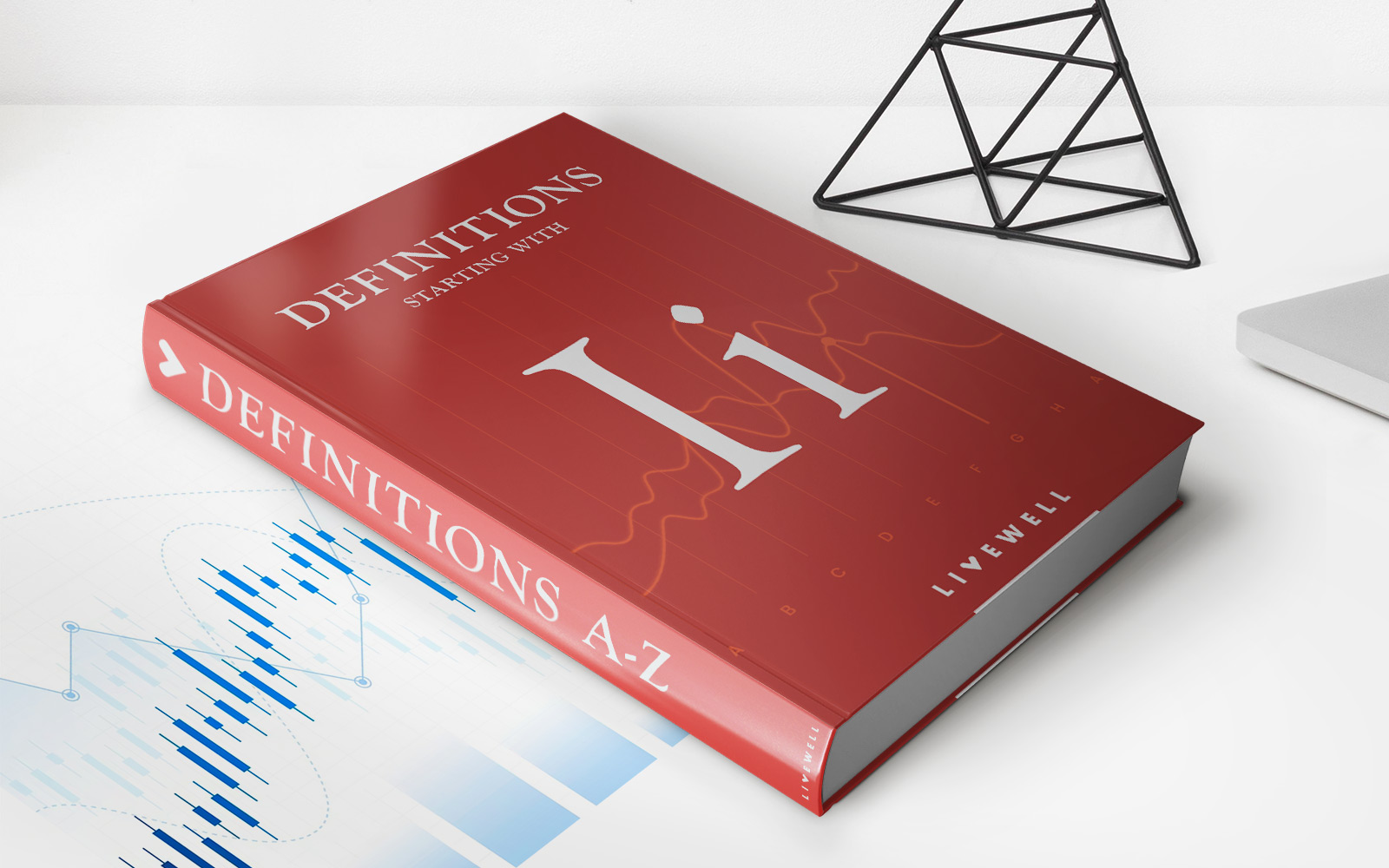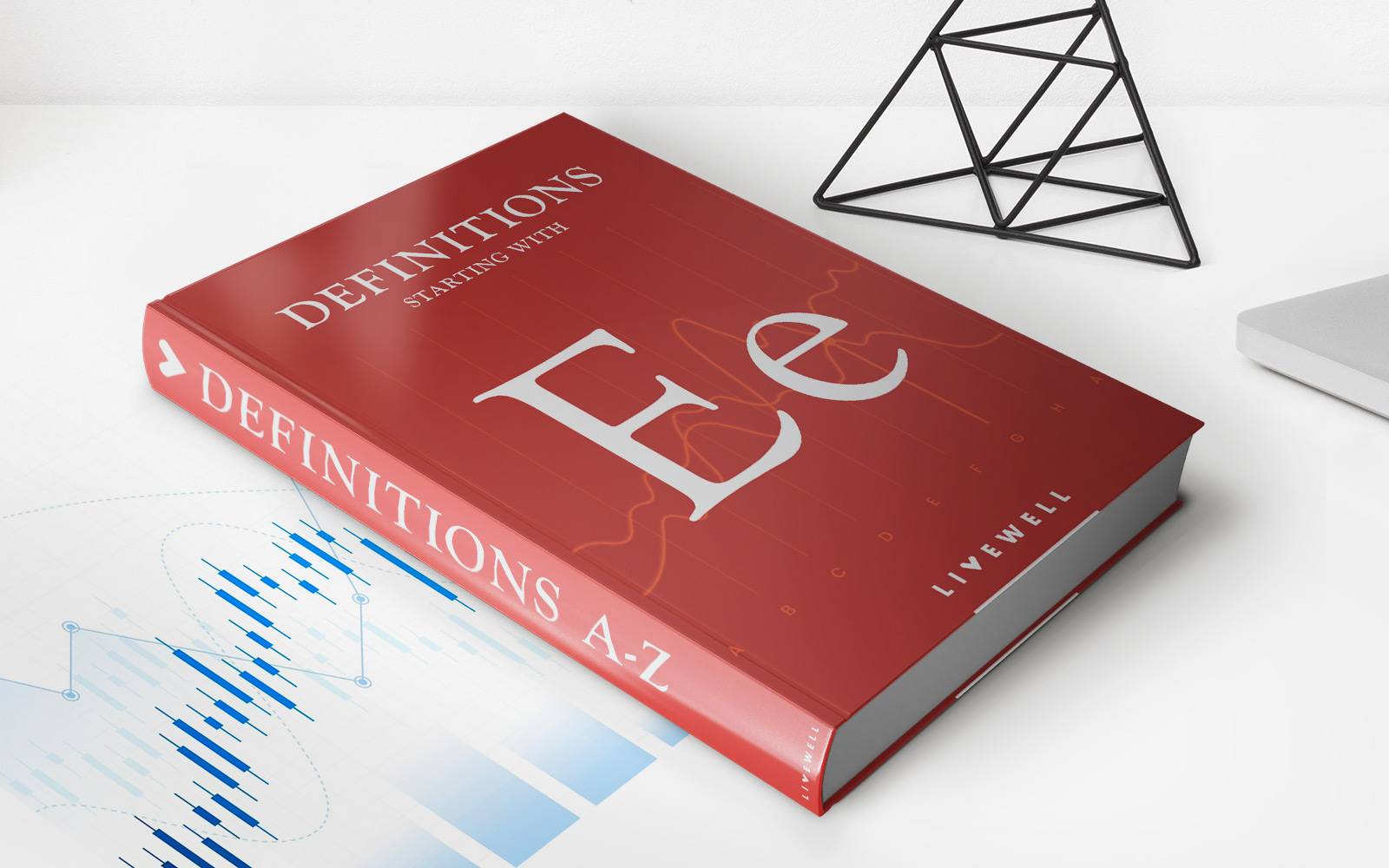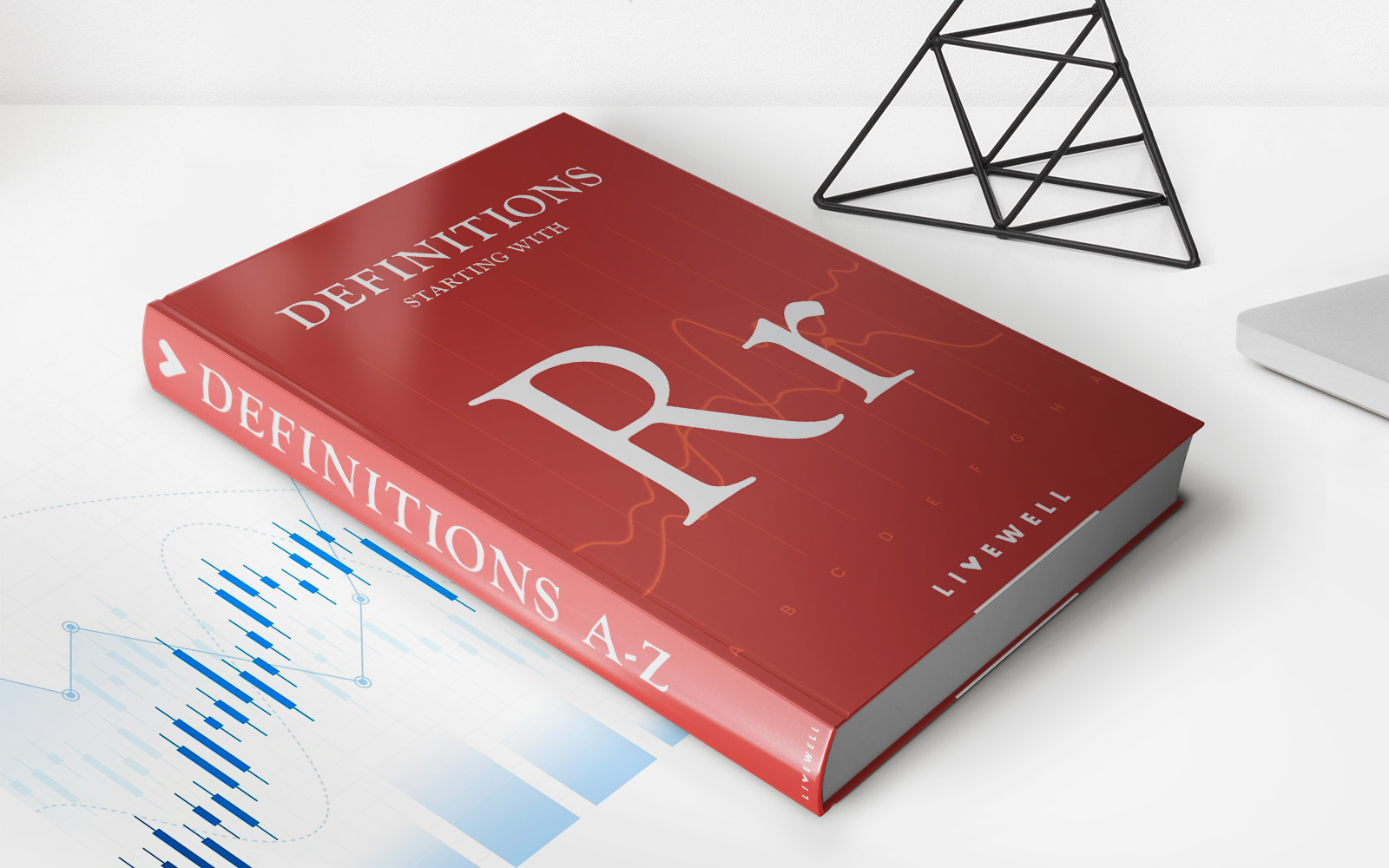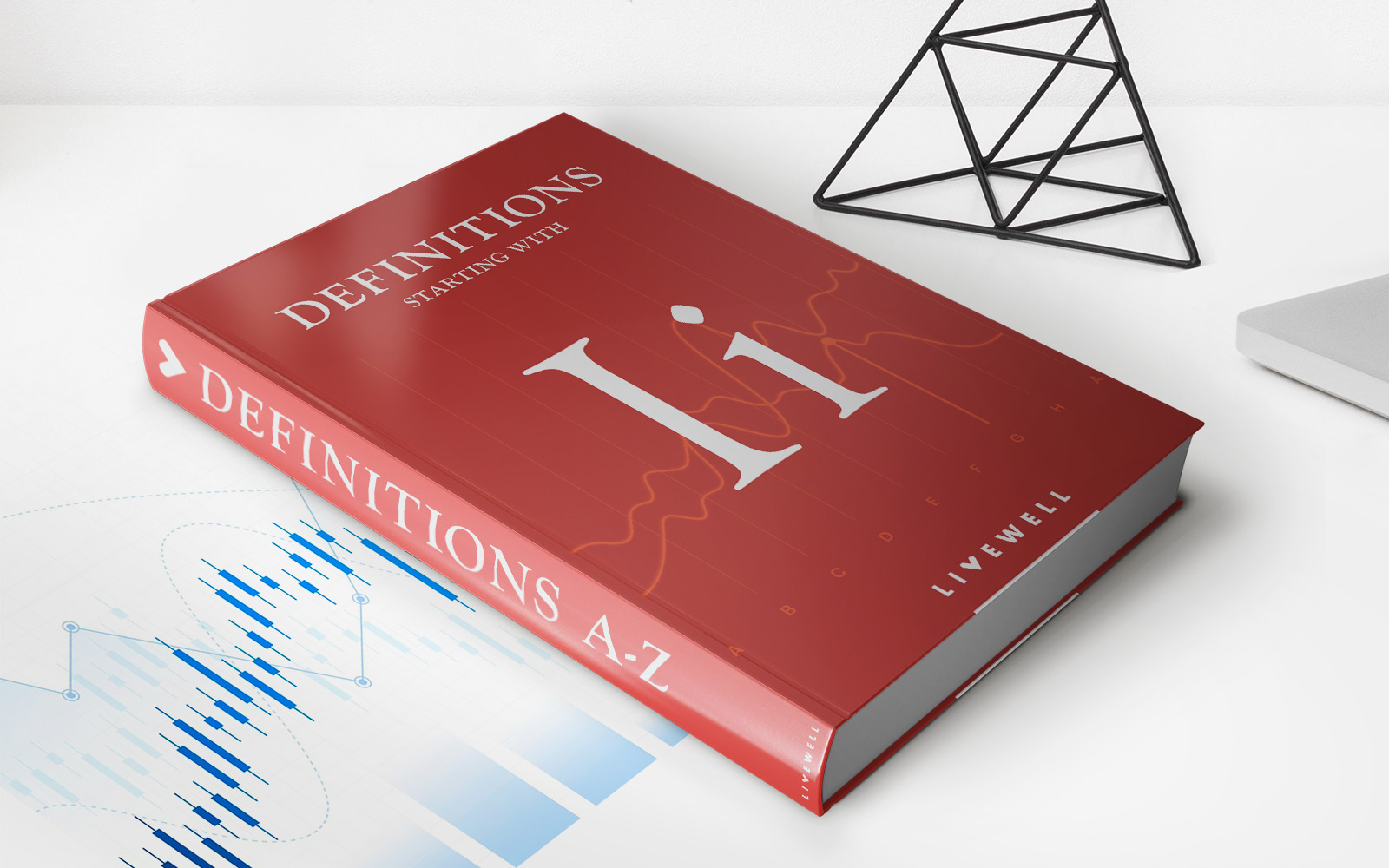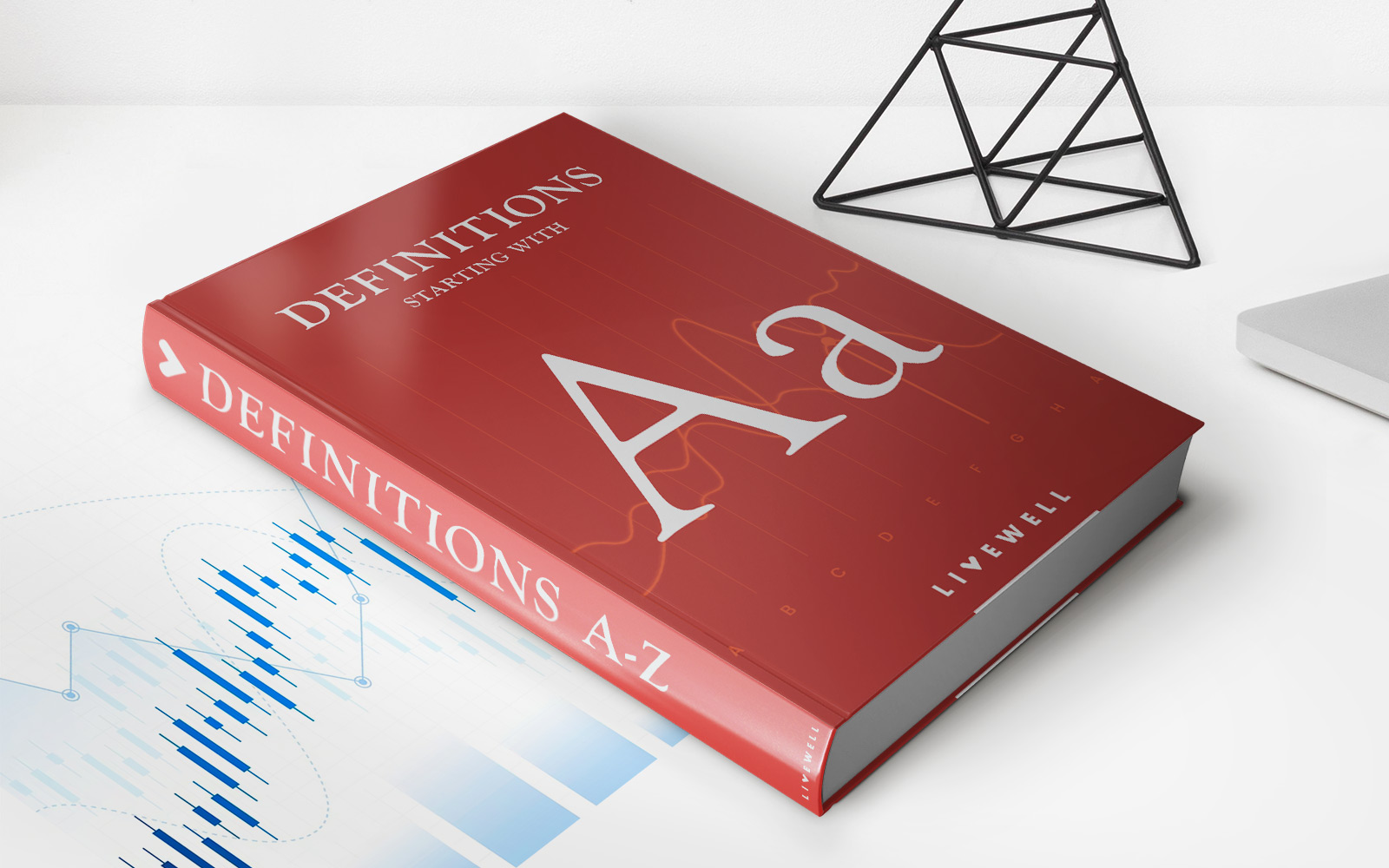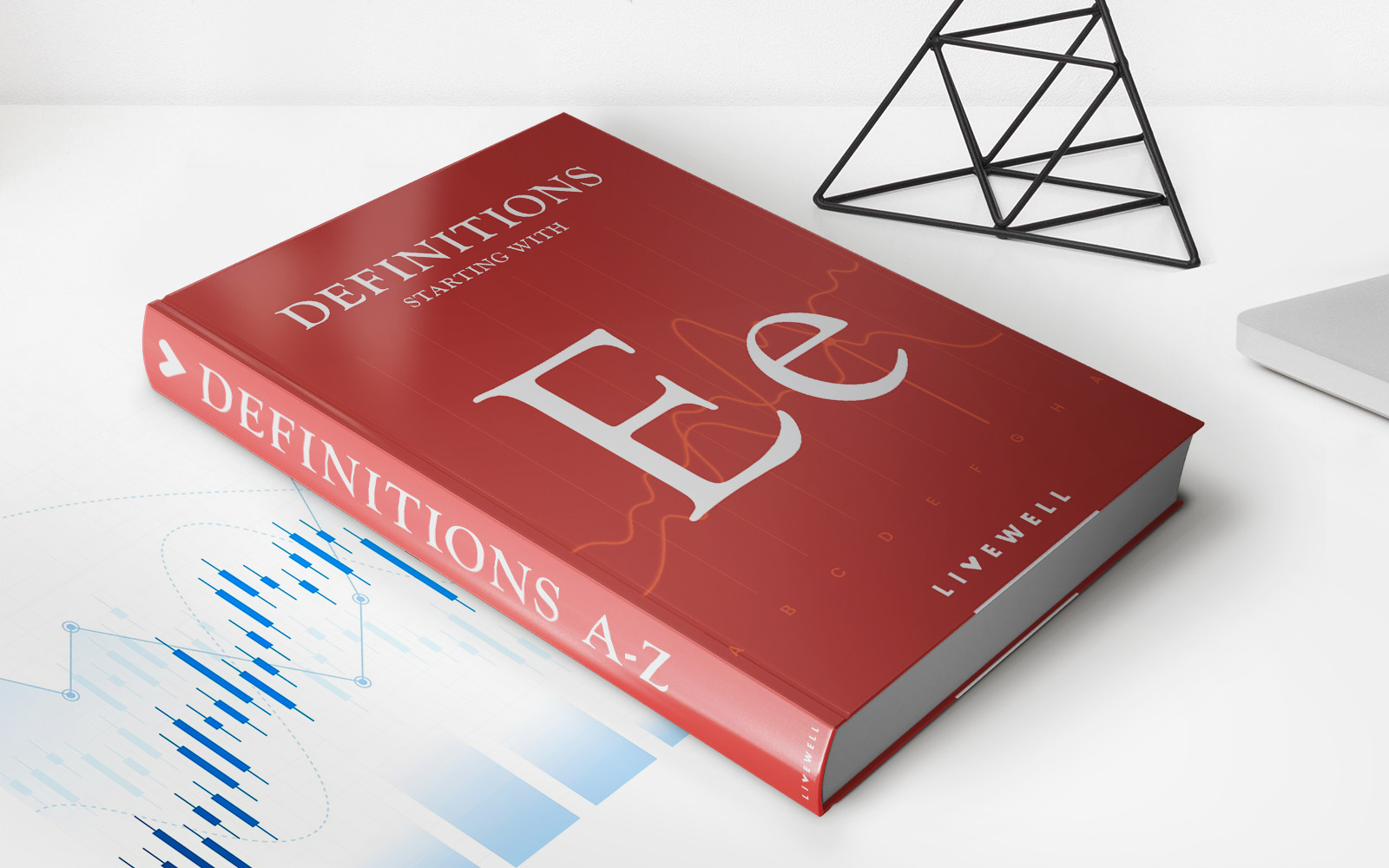

Finance
Expectations Index Definition
Published: November 21, 2023
Discover the meaning of Expectations Index in finance and how it impacts market trends and investor sentiment. Stay informed with our comprehensive definition and analysis.
(Many of the links in this article redirect to a specific reviewed product. Your purchase of these products through affiliate links helps to generate commission for LiveWell, at no extra cost. Learn more)
Understanding the Finance Category: Expectations Index Definition
Welcome to our Finance category, where we provide valuable insights and information on various financial topics. In this blog post, we will dive into the concept of Expectations Index Definition, shedding light on its importance and how it impacts the financial world. If you’ve ever wondered what the Expectations Index is and how it can affect your financial decisions, you’ve come to the right place!
Key Takeaways:
- The Expectations Index is a metric used to gauge consumer sentiment and expectations about the future state of the economy.
- It is an essential tool for economists, investors, and policymakers to understand the direction of the market and make informed decisions.
So, what exactly is the Expectations Index? The Expectations Index, also known as the Consumer Expectations Index, is a component of widely recognized economic indicators like the Consumer Confidence Index (CCI). It measures consumer sentiment and expectations about the future state of the economy. By surveying individuals’ beliefs about future business conditions, employment prospects, and income, it provides valuable insights into consumer behavior and spending patterns.
The Expectations Index acts as a barometer of consumer confidence, reflecting the optimism or pessimism among consumers regarding economic conditions. When the index is high, it indicates positive expectations, signaling potential growth in the economy. Conversely, a low index suggests negative expectations and potential downturns. By tracking changes in the Expectations Index over time, economists and analysts can assess shifts in consumer sentiment and predict future economic trends.
Why does the Expectations Index matter? Understanding consumer expectations is crucial for various stakeholders in the financial world. Let’s explore a few reasons why:
1. Impact on Consumer Spending:
Consumer spending plays an integral role in driving economic growth. When consumers are optimistic about the future, they are more likely to spend money on goods and services, stimulating demand and boosting business activity. Conversely, when consumers are pessimistic, they tend to tighten their purse strings, leading to reduced spending and potential economic slowdown. Monitoring the Expectations Index helps businesses adapt their strategies to match consumer sentiment and make informed decisions regarding production, hiring, and investment.
2. Influence on Investment Decisions:
Investors closely watch the Expectations Index to gain insights into public perception and predict market trends. Positive expectations can drive stock prices higher as investors anticipate increased consumer spending, corporate profits, and economic growth. On the other hand, negative expectations can lead to market declines as investors anticipate reduced consumer demand and potential economic instability. By staying informed about the Expectations Index, investors can make more informed decisions when buying or selling stocks, bonds, or other financial assets.
In conclusion, the Expectations Index Definition is a vital tool in the financial world, helping economists, investors, and policymakers understand consumer sentiment and forecast economic trends. By monitoring the index, businesses can adapt their strategies, while investors can make informed decisions. Stay tuned for more insightful finance articles in our Finance category, where we delve deeper into various financial subjects. Happy reading!
